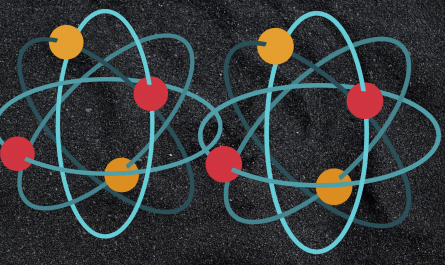The need for electric power in different forms has increased due to the focus on producing clean energy sources for a greener environment. In this case, power electronics play an important role. Power electronics is a part of electrical engineering that deals in the different fields to process high currents and voltages to produce power that supports different needs.
All the various domains need a reliable and stable electrical power source with certain specifications. Everything needs a steady electric power source, from the equipment used in the house to the equipment used in space programs. For this purpose, one needs a power supply in different forms, using power semiconductor switches and control mechanisms. And power electronics help in solving such problems with precise control and efficiency.
Power electronics studies involve semiconductor physics, mechanical actuators, control systems, electromagnetic devices, and many more. It is a multidisciplinary subject, covering many electronics branches under it. One can learn the design of power electronic converters course can help get in-depth knowledge of the topic.
What are power electronic converters?
Power electronics mainly deal with converting power from one form to another and changing from one voltage level to another. And all this is achieved with the help of power electronic converters. Many control strategies are used while converting the power with the help of converters. Also, conditioning is an essential aspect of using power conductors.
The conditioning helps in ensuring pure and clean (free from harmonics) output and input signals. Power electronic converters help in reducing the harmonic content of the signs—for example, a simple low-pass LC filter. The converters mainly comprise solid-state switches like power BJT, IGBT, thyristors, MOSFET, and many more.
What basic knowledge does one get in the design of power electronics course?
There are many advantages to getting the power electronics course. One gets to learn all the simulation and optimisation processes in this course. In addition, an individual also gets to know the following things in a good design of power electronics course: –
- It helps in performing research and development in power electronics.
- This helps design power electronics-related projects and write project reports.
- Gaining knowledge in power electronics converters will be done with its help.
- The design simulation and optimisation model of any power electronics converter can be learned. The converters can be single-phase or three-phase rectifiers, inverters, choppers, and many more.
- The course will also help to publish one’s simulation research papers in international Journals like Springer, IEEE, etc.
These are the few critical outcomes of this course; there are many other benefits.
Bottom line
Hence, one can get a course related to this field and excel in this highly growing field. One can also use and design multiple power electronic converters with the help of its knowledge. If an individual is interested in researching more in the area, the course in power electronics converters can prove extremely helpful. Also, it helps make computer vision autonomous cars. One can take an introductory course in the beginning, complete it, and go for advanced studies in the domain too.



